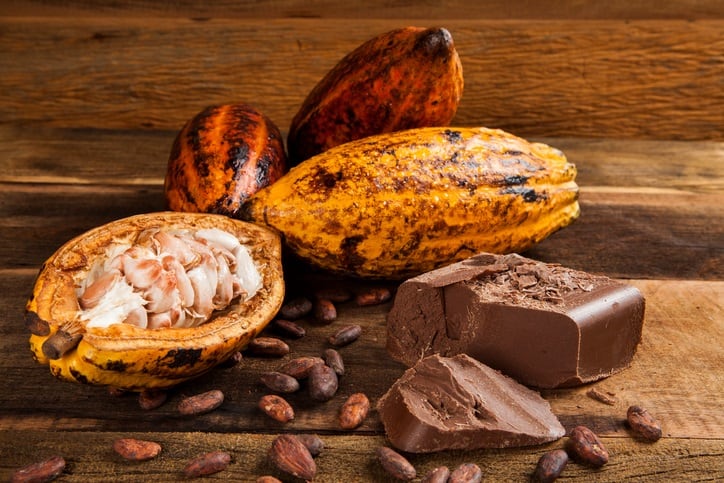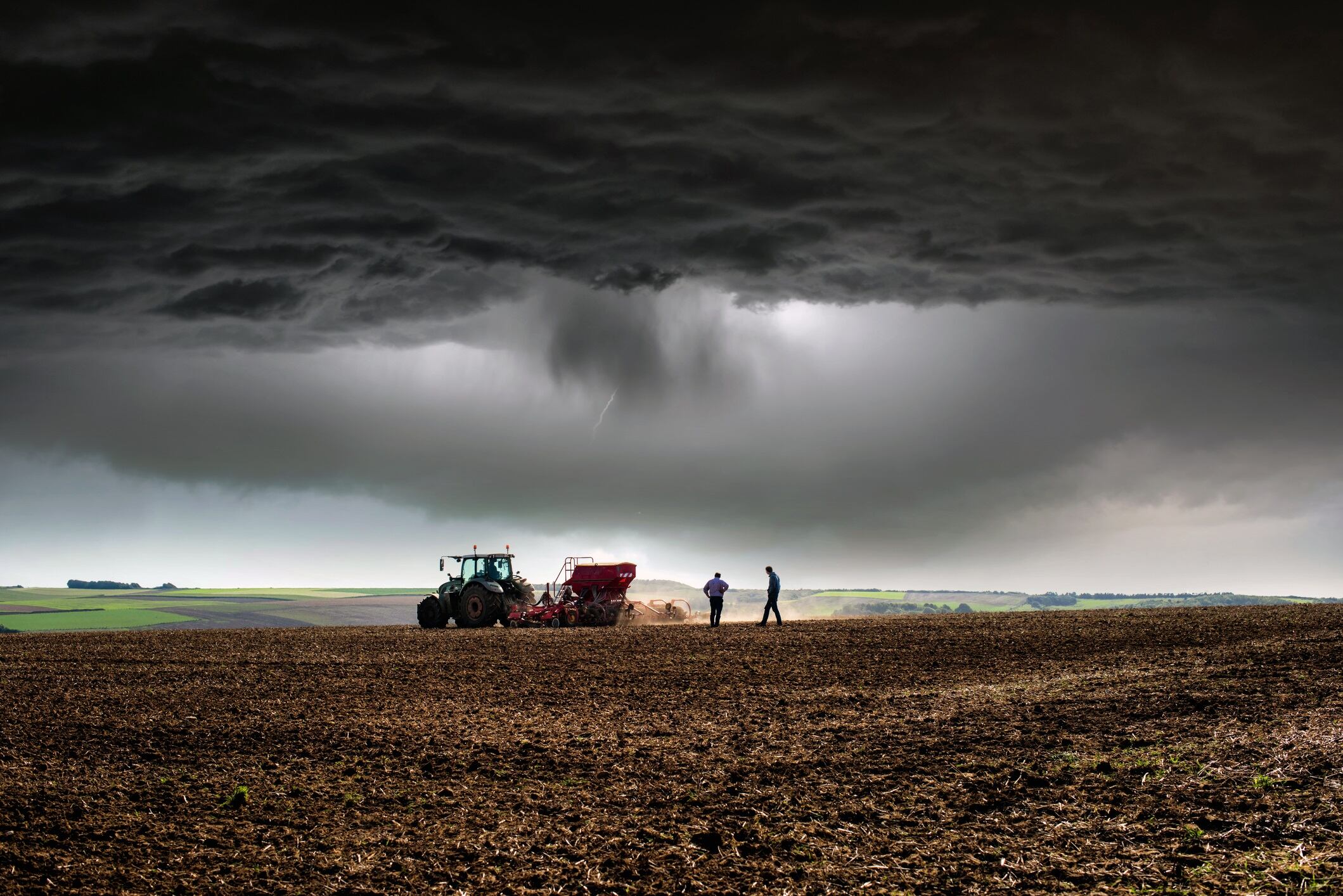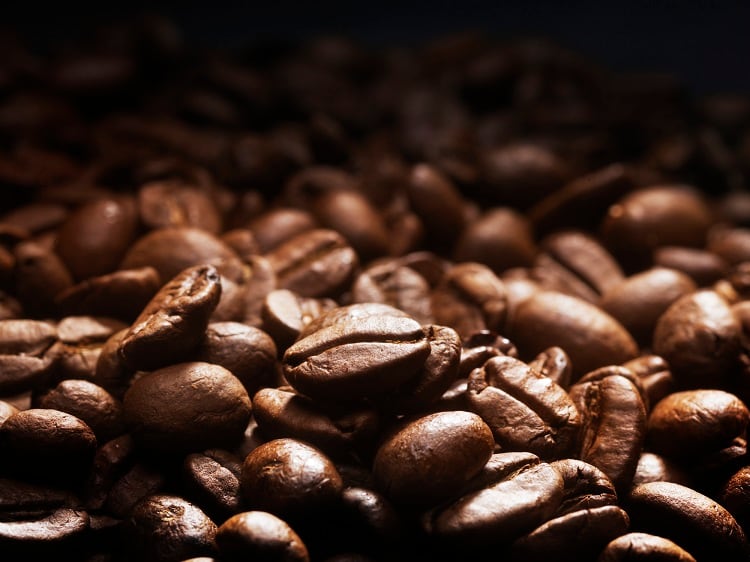Food and beverage manufacturers are racing to secure supply chains for essential ingredients as the threat of climate change looms large over the industry.
“Manufacturers are increasingly aware how precarious their supply chains are due to a greater frequency of extreme weather events,” says Peter Wortsman, partner at European Food and Farming Partnerships (EFFP).
Cocoa, coffee, sugar, olive oil and corn are just some of the many commodities battling the effects of climate change, forcing massive price hikes as a result.
“There is a direct correlation between the increase in extreme weather events and impacts on agricultural production,” says Jon Davis, chief meteorologist at Everstream Analytics.
And the problem is escalating, as Davis explains the increase in extreme weather events – drought, flood, convective storms, and tropical cyclones – has been happening for many decades.
But while luxury commodities could in theory be phased out or supplemented, others are essential to global food security. One such crop is heat-sensitive corn, which is struggling in the face of rising temperatures. Forecasters are now predicting the global corn market to tighten over the 2024/25 season, with stocks estimated to fall by more than 10mt to 304mt – the lowest ending stocks since the 2020/21 season (ING Global Markets Research).
So, what is the industry doing to secure supply chains and what more can be done?

What are manufacturers doing to secure supply chains?
The race is on to secure ingredient supply chains and all manufacturers, big and small, are involved.
Industry leaders are using their financial heft to step-up and support existing suppliers, seeing sustainability as an investment in resilience.
Nestlé recently announced it’s making major investments to encourage growers in its supply chain to transition to more regenerative practices. The food and beverage giant is supporting farmers to improve soil health, build a healthier ecosystem, and lower input costs.
“When extreme weather strikes, a healthier ecosystem will be more resilient,” says EFFP’s Wortsman, who supports the Swiss multinational’s efforts.
And these efforts will likely to be emulated across the industry.
“As most food and beverage businesses do not own farms, we expect many to develop increased strategic, collaborative relationships to build resilience, both in their own supply chains, and across landscapes,” Wortsman explains.
However, some manufacturers, particularly those reliant upon the highest-risk commodities such as sugar, are looking to alternatives. Here, we’re seeing a shift away from the more volatile sugar beet towards more reliable sugar cane.

What more can be done to secure supply chains?
Overwhelmingly, manufacturers need to support their suppliers through collaborative longer-term commitments to sustainable production, particularly as many farmers want to transition over to regenerative agriculture but lack the funds.
“They need support to de-risk that transition for them,” explains EFFP’s Wortsman.
And the result would be a win-win situation – farmers get support and stability and food manufacturers get secure supply chains.
But manufacturers can’t do it alone and so, as with all things climate related, they’re looking to governments for support through policy.
“Governments have a key role to play in aligning standards and driving consistency in sustainability measurement (often a proxy for resiliency) to make it easier for farmers and food businesses make faster progress,” says Wortsman.
And it’s not just about creating sustainable supply chains. Suppliers are also looking for protection from international competition, which could put them at a commercial disadvantage.
A perfect example of this is the ongoing fight over oilseed rape imports to Europe. Currently farmers across most European nations are banned from using neonicotinoids on oilseed rape, yet these same nations continue to import it from countries that allow the use of neonicotinoids. This is leading to growing anger the industry.
“Governments not getting involved increases the risk of a higher probability of food shortages, inflation, food security issues and geopolitical events that occur because of it,” says Everstream Analytics' Davis.



